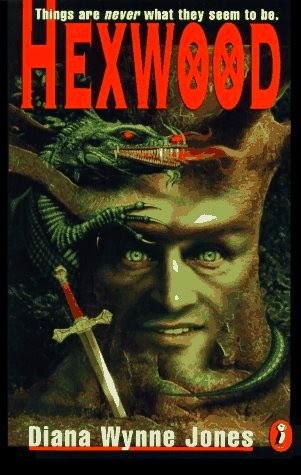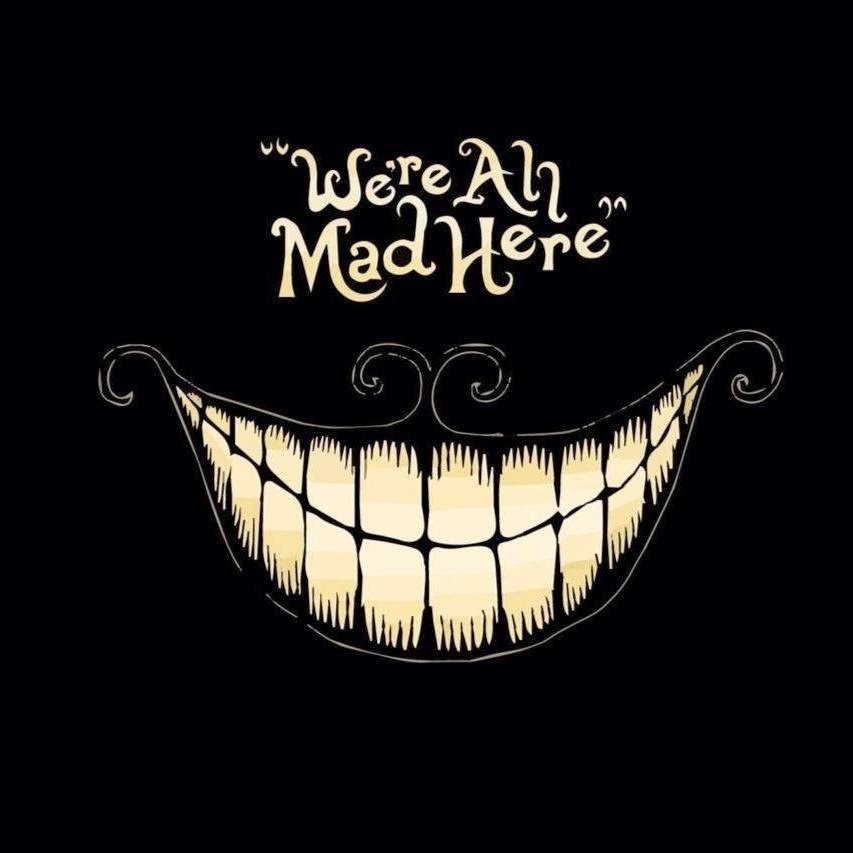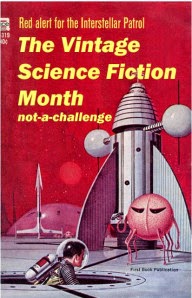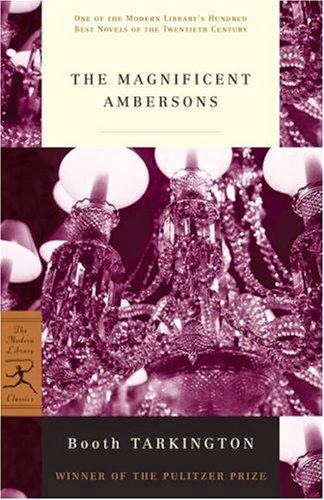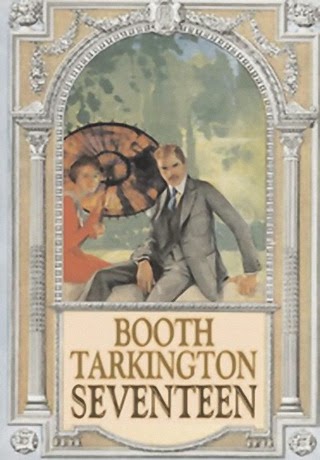Back to the Classics Challenge: Wrap-up

I finished the Back to the Classics Challenge , hosted by Karen at Books and Chocolate, a little while ago with War and Peace , but I forgot to write a wrap-up post! Here it is: Required: A 20th Century Classic -- If on a winter's night a traveler , by Italo Calvino A 19th Century Classic -- Mill on the Floss, by George Eliot. A Classic by a Woman Author -- The Custom of the Country , by Edith Wharton. A Classic in Translation Dead Souls , by Nikolai Gogol. A Wartime Classic . -- August 1914 , by Aleksandr Solzhenitsyn A Classic by an Author Who Is New To You -- Brideshead Revisited , by Evelyn Waugh Optional Categories: An American Classic -- Go Tell it on the Mountain , by James Baldwin A Classic Mystery, Suspense or Thriller -- The 39 Steps , by John Buchan A Historical Fiction Classic. War and Peace , by Leo Tolstoy. A Classic That's Been Adapted Into a Movie or TV Series. Slaughterhouse-Five , by Kurt Vonnegut. Extra Fun

